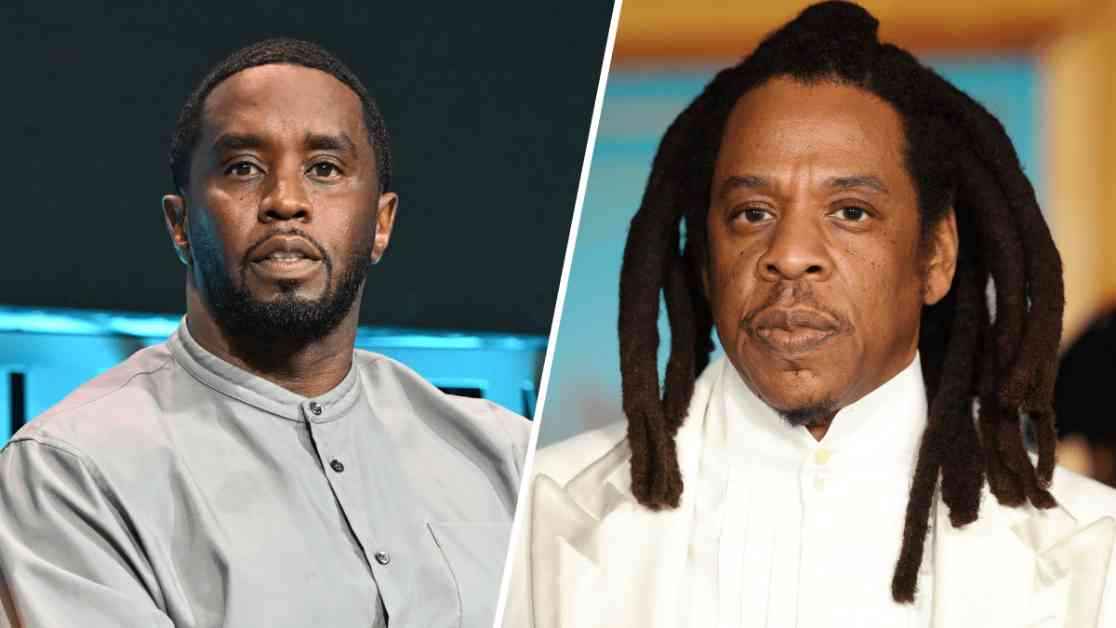Celebrity Rape Lawsuit Dropped by Woman
A civil lawsuit that accused Jay-Z and Sean “Diddy” Combs of rape when the plaintiff was 13 years old has been voluntarily dismissed by the woman who filed it, as stated in a notice submitted to U.S. District Court in Manhattan. The lawsuit, initially filed by Tony Buzbee, a Texas attorney known for other high-profile cases against Combs, was retracted on Friday, leaving many to question the validity of the allegations.
The woman, now an adult, and her legal representatives admitted to inconsistencies in her account when the lawsuit was refiled in December, specifically naming Jay-Z. However, they maintained that the core allegations remained true. The incident in question allegedly took place in 2000 during an after-party following the Video Music Awards in New York City, where the woman claimed to have been sexually assaulted after feeling disoriented from a drink.
Both Jay-Z, also known as Shawn Carter, and Combs vehemently denied the accusations, with Carter publicly stating that the alleged incident never occurred. Following the withdrawal of the lawsuit, Carter expressed relief that the claims had been dismissed, labeling them as frivolous, fictitious, and damaging to his reputation. The legal teams of both Carter and Combs released statements applauding the dismissal and denouncing the allegations as baseless.
Legal Battles and Reputational Risks
Sean Combs, currently facing criminal charges of sex trafficking, racketeering, and involvement in prostitution, has been the subject of multiple lawsuits alleging sexual misconduct. Despite pleading not guilty to the charges, Combs continues to face legal scrutiny and public backlash. The dismissal of the rape lawsuit brought by Buzbee adds another layer of complexity to Combs’ legal battles, underscoring the challenges of navigating high-profile accusations in the court of public opinion.
While Carter has not been implicated in any criminal activity, the mere association with the lawsuit has raised questions about the efficacy of the legal system in addressing false accusations. In his statement following the dismissal, Carter expressed frustration with the lack of repercussions for those who bring forth unfounded claims, emphasizing the importance of protecting both victims and the wrongly accused. The case serves as a reminder of the delicate balance between seeking justice for survivors of assault and safeguarding the rights of individuals wrongfully accused.
Lessons Learned and Moving Forward
As the dust settles on this high-profile legal saga, it begs the question of how the justice system can better address cases of alleged sexual assault without compromising the rights of the accused. The complexities of navigating such sensitive matters in the public eye highlight the need for comprehensive reforms that prioritize due process, victim advocacy, and accountability for false claims.
In a world where reputations can be tarnished with a single accusation, the fallout from cases like this serves as a cautionary tale for both survivors and those facing allegations. The intricate dance between seeking justice and protecting innocence underscores the inherent challenges of adjudicating cases of sexual violence in a society rife with skepticism and scrutiny.
As we reflect on the events that unfolded in the wake of the lawsuit, it becomes clear that the pursuit of truth and justice is a multifaceted journey that requires unwavering commitment to fairness, integrity, and compassion. Only by upholding these values can we hope to navigate the murky waters of legal battles with grace, dignity, and a steadfast belief in the power of due process.


